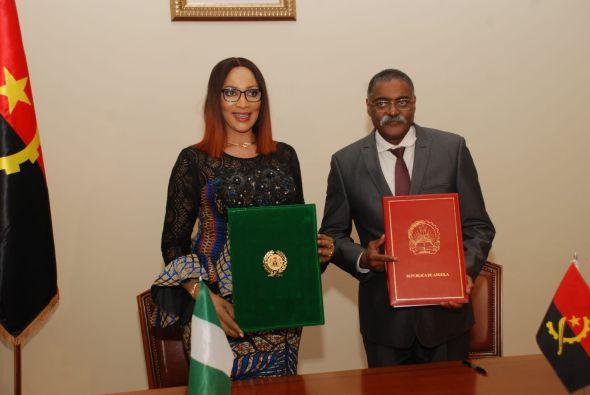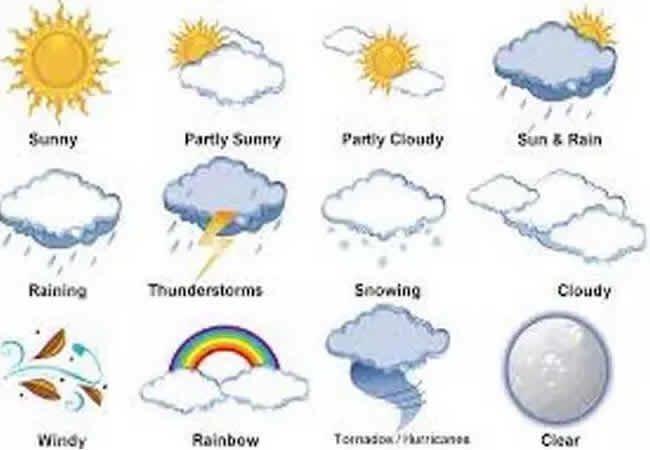The people of Malawi will cast their ballots on Tuesday, 16 September 2025, in a high-stakes election that comes after five years marked by economic hardship, natural disasters, and the sudden death of Vice-President Saulos Chilima.
More than 7.2 million registered voters are expected to participate in three elections, presidential, parliamentary, and local. Seventeen candidates are vying for the presidency, 229 parliamentary seats are up for grabs, and 509 councillor positions will be contested.
Incumbent President Lazarus Chakwera is seeking a second term and faces stiff competition from his main challenger, Peter Mutharika, the 84-year-old former leader of the Democratic Progressive Party (DPP).
The elections are drawing global attention for their credibility, especially after the Constitutional Court annulled the 2019 presidential election over “widespread irregularities,” including the use of Tipp-Ex on results sheets. The court ordered a re-run in 2020, which Chakwera won with 59% of the vote in alliance with Chilima. The ruling was hailed internationally as a landmark victory for democracy.
But this year’s contest is coming under a cloud of suspicion. Chilima, who was popular with the youth and had broken ties with Chakwera, died in a plane crash in June 2024. Two separate investigations one led by Germany’s aviation accidents agency and another by a Malawian government-appointed commission, ruled out foul play. Still, many Malawians remain sceptical, with opposition parties seizing on the tragedy during campaigns. Some have derisively referred to Chakwera’s Malawi Congress Party (MCP) as the “Chikangawa Party,” after the forest where the crash occurred.
Read also: Nigeria, Angola renew ties with drug pact, cruise
For many, transparency and fairness are once again the dominant themes. Civil society groups and opposition parties have accused the Malawi Electoral Commission of leaning towards the ruling party. Although the commission has strongly denied any bias, protests calling for its leadership to step down were violently disrupted in June by masked men armed with machetes.
Political violence has not been isolated, with several other incidents reported in the run-up to the polls. These tensions have raised questions about freedom of expression and the safety of opposition voices.
This election will also be the second time Malawians vote under a new system that requires a presidential candidate to secure more than 50% of total votes to win in the first round. Analysts believe a run-off is highly likely, with both the MCP and DPP expected to court smaller parties to secure a majority in a second round.
The Malawi Electoral Commission has announced that the presidential results will be declared by 24 September, while parliamentary outcomes are expected by 30 September.







